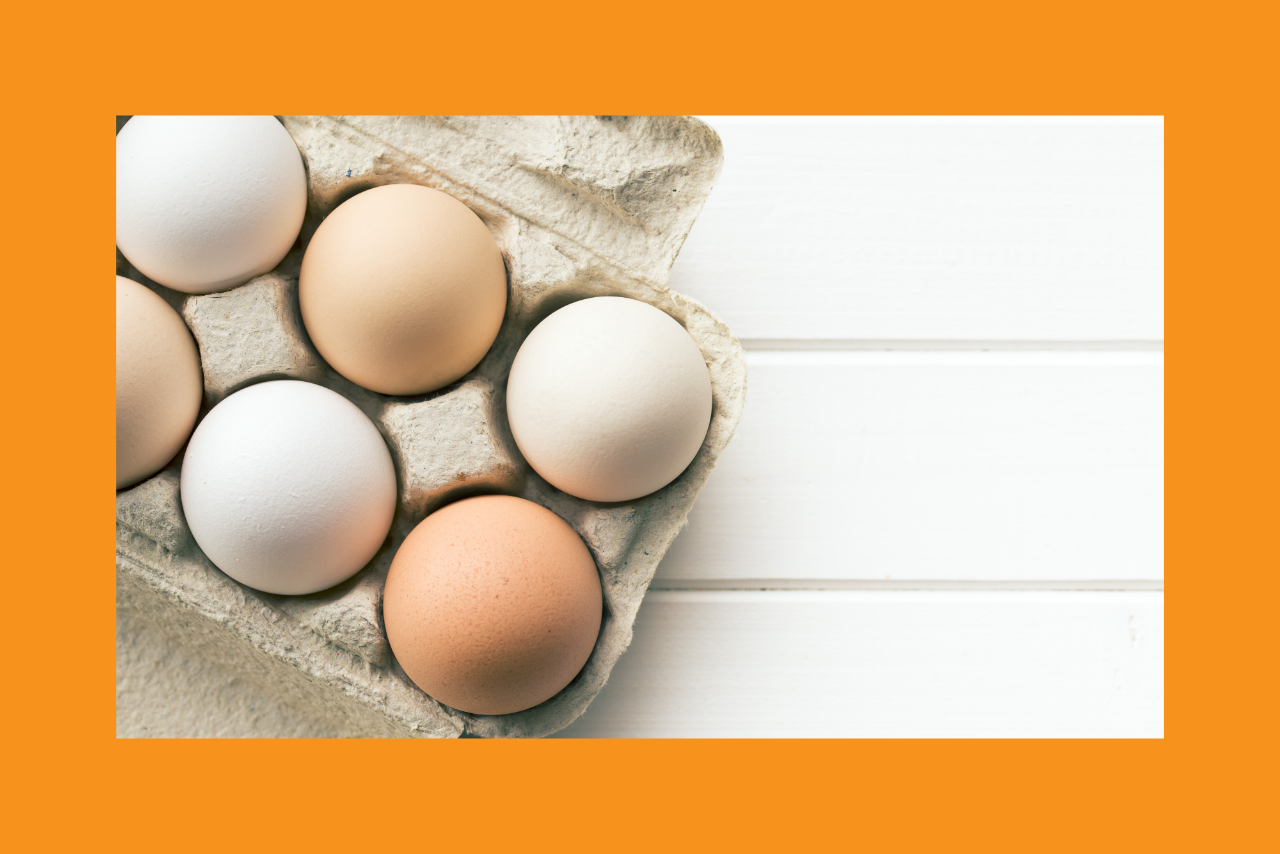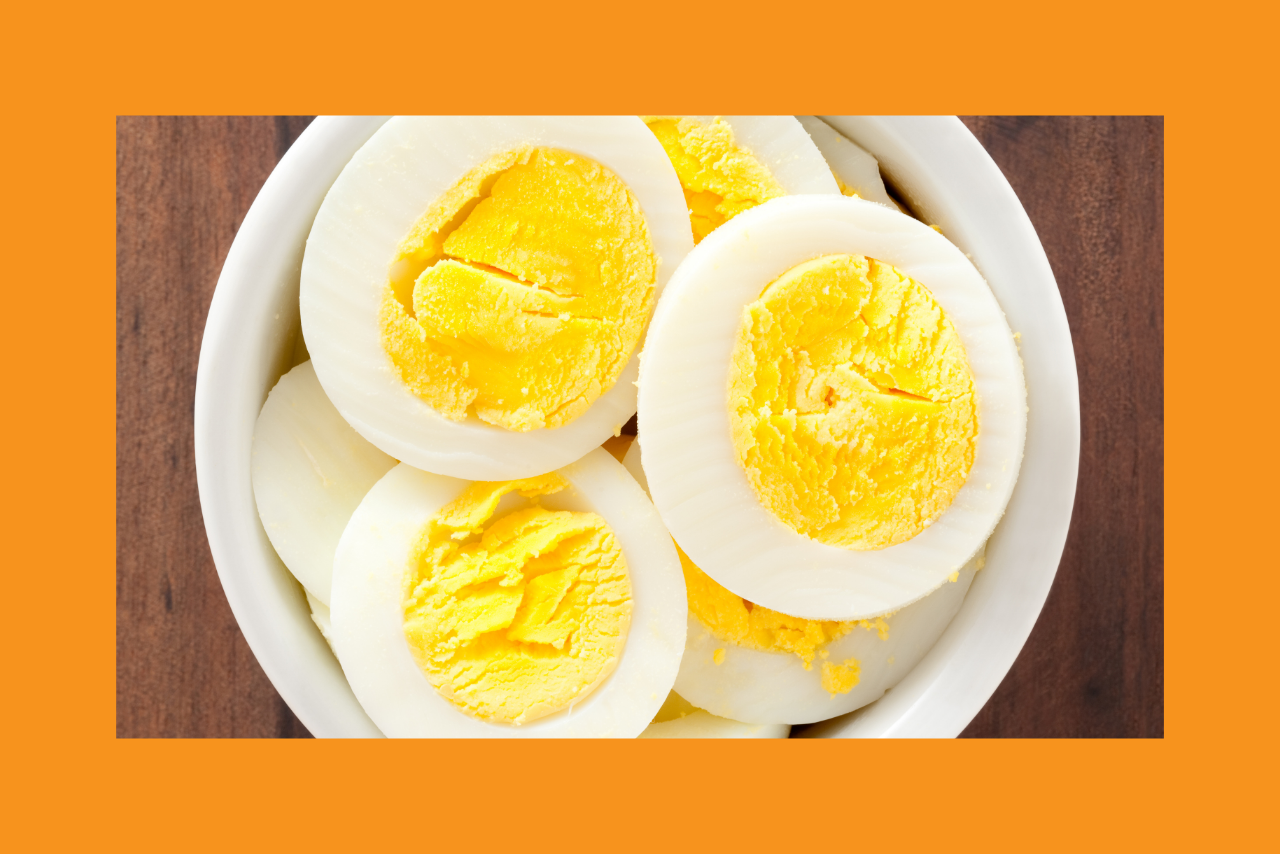You’ve never seen it before – the egg teaching the hen
X
Eggs are a staple in many global cuisines, valued for their versatility, nutritional content, and relatively low cost. As a Food Bank, we aim to educate and promote smart resource management. That’s why we’ve prepared a comprehensive guide to eggs – covering everything from structure and nutritional value to proper storage, creative uses, and alternatives.
Structure and nutritional value
Eggs are among the most nutritious food products. The shell, made of organic substances and mineral salts, protects the interior from contamination and moisture loss. Under the shell are two membranes and the egg white, which surrounds the yolk. The yolk is rich in fats, lecithin, and cholesterol, and also contains many vitamins and minerals such as calcium, phosphorus, and iron.
Eggs are an excellent source of protein and other nutrients, making them ideal for those who care about a healthy diet. Their high nutritional value and versatility make them indispensable in many recipes.


How are eggs classified?
Edible chicken eggs are categorized by:
- Farming method:
- 0 – organic farming
- 1 – free-range
- 2 – barn farming
- 3 – caged farming
- Weight category:
- S – small, under 53 g
- M – medium, 53.1–63 g
- L – large, 63.1–73 g
- XL – very large, over 73 g
- Quality
Primarily determined by freshness.Each egg has a code that identifies the producer.
Storing eggs
Proper storage is key to maintaining freshness and safety. Here are the most important rules:
- Temperature: Ideal range is 0–5°C
- Placement: Avoid storing eggs in the refrigerator door – place them on a middle shelf where the temperature is stable
- Packaging: Keep in the original carton or a sealed container
- Odors: Keep away from strong-smelling foods like garlic
- Positioning: Store with the pointed end down to extend freshness
Note: Washing eggs before storage removes their natural protective layer (cuticle), increasing the risk of bacterial contamination. If necessary, wash just before use.
Storing boiled eggs
Keep boiled eggs in the fridge in a sealed container for up to one week. Peeling accelerates spoilage, so peel them right before eating. Freezing boiled eggs is not recommended, as it alters their texture.


How to check egg freshness?
There are a few easy methods:
- Water test: Place the egg in a bowl of water. If it sinks and lays flat – it’s fresh. If it floats – it’s spoiled.
- Look and smell: A fresh egg will have firm whites and a rich yellow yolk. A rotten egg will have a strong sulfur smell.
Properly stored eggs can stay fresh for 2–3 months in the fridge, and up to 6–8 months in controlled cold storage.
Egg alternatives in cooking
Sometimes we need an egg substitute – due to allergies, vegan diets, or simply running out. Here are a few options:
- Applesauce: 1/4 cup per egg
- Mashed banana: 65 g per egg
- Ground flaxseed or chia: 1 tbsp + 3 tbsp water
- Tofu: 60 g blended per egg
- Yogurt or buttermilk: 1/4 cup per egg
- Aquafaba: 3 tbsp per egg
- Peanut butter: 3 tbsp per egg
- Agar or gelatin: dissolve 1 tbsp in cold water, then add boiling water


Why are eggs so useful in cooking?
- Binding: Eggs hold ingredients together
- Leavening: They trap air, making baked goods fluffy
- Moisture: Egg liquid hydrates other ingredients
- Flavor and appearance: Eggs enrich taste and give dishes a golden-brown finish
A few words about Easter egg dyeing
Although Easter has passed, it’s worth remembering that eggs can be dyed using natural methods – like onion skins, beets, turmeric, or spinach.
We hope this comprehensive guide helps you make the most of eggs in your kitchen, store them properly, and appreciate their nutritional value. Remember to manage food responsibly – buy only as many eggs as you’ll use, and store them under proper conditions.

